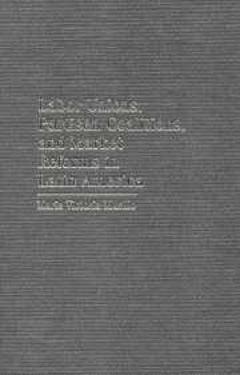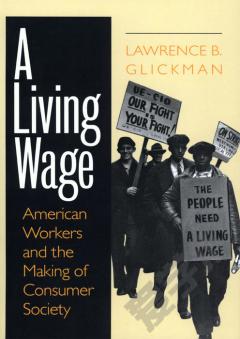Unions and Communities under Siege: American Communities and the Crisis of Organized Labor
The essential argument of this book is that the current crisis of US unions ought to be considered in terms of the local context of labor-management relations; that is, the communities in which men and women live and work. Whether by design or necessity, the structure of New Deal national labor legislation has sustained, and maintained, distinctive local labor-management practices. As the economies of American communities (and the world) have become highly interdependent, reflecting the evolution of corporate structure and trade between economies, unions movement can be traced to unions' dependence upon inter-community solidarity, a fragile democratic ideal which is often overwhelmed by economic imperatives operating at higher scales in other places. An important objective of Professor Clark in this work is to demonstrate the significance of the intersection between communities, unions, and institutions, in understanding the prospects for American unionism.
{{comment.content}}








 京公网安备 11010802027623号
京公网安备 11010802027623号